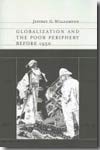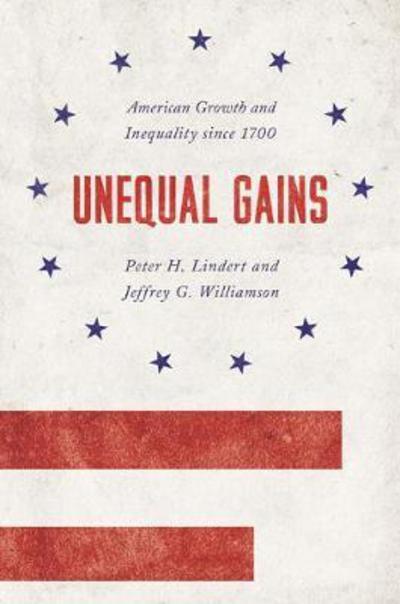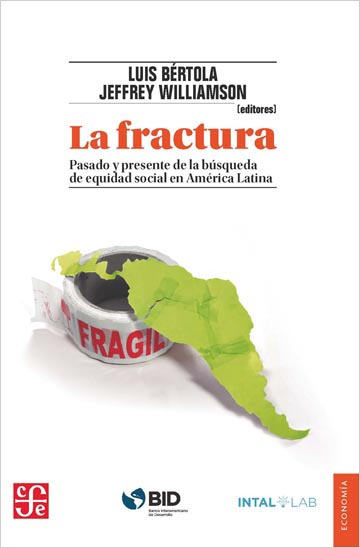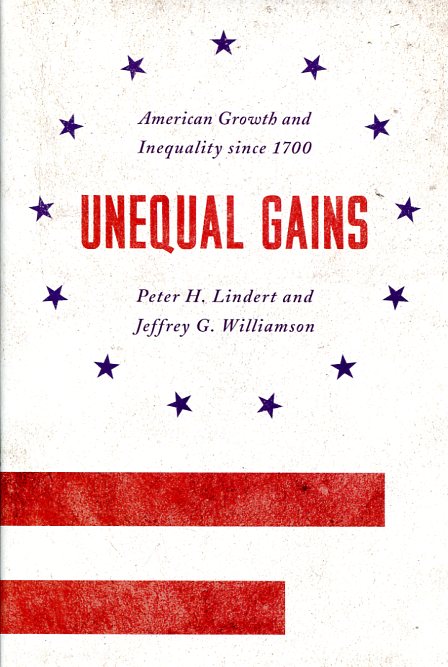Globalization and the poor periphery before 1950
- ISBN: 9780262232500
- Editorial: The MIT Press
- Fecha de la edición: 2006
- Lugar de la edición: Cambridge (Massachusetts). Estados Unidos de Norteamérica
- Colección: The Ohlin Lectures
- Encuadernación: Cartoné
- Medidas: 27 cm
- Nº Pág.: 189
- Idiomas: Inglés

A leading authority on economic globalisation argues that industrialisation in the core countries of northwest Europe and its overseas settlements combined with a worldwide revolution in transportation to produce deindustrialisation and an antiglobal backlash in industrially lagging poorer countries. In "Globalization and the Poor Periphery before 1950", Jeffrey Williamson examines globalisation through the lens of both the economist and the historian, analysing its economic impact on industrially lagging poor countries in the nineteenth and early twentieth centuries. Williamson argues that industrialisation in the core countries of northwest Europe and their overseas settlements, combined with a worldwide revolution in transportation, created an antiglobal backlash in the periphery, the poorer countries of eastern and southern Europe, the Middle East, Africa, Asia, and Latin America. During the "first global century," from about 1820 to 1913, and the antiglobal autarkic interwar period from 1914 to 1940, new methods of transportation integrated world commodity markets and caused a boom in trade between the core and the periphery. Rapid productivity growth, which lowered the price of manufactured goods, led to a soaring demand in the core countries for raw materials supplied by the periphery. When the boom turned into bust, after almost a century and a half, the gap in living standards between the core and the periphery was even wider than it had been at the beginning of the cycle. The periphery, argues Williamson, obeyed the laws of motion of the international economy. Synthesising and summarising fifteen years of Williamson's pioneering work on globalisation, the book documents these laws of motion in the periphery, assesses their distribution and growth consequences, and examines the response of trade policy there.










